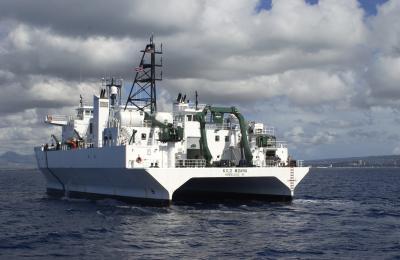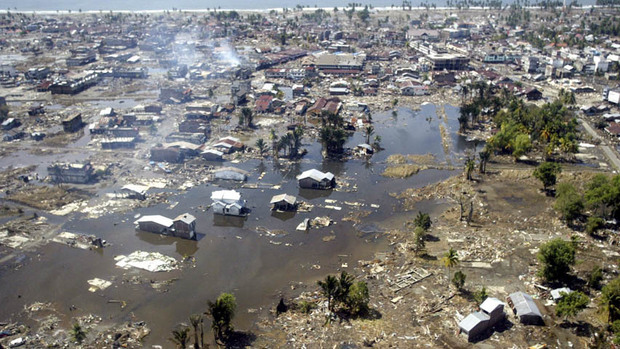submitted by Samuel Bendett
Sender: crisismappers
Date: Tue, 20 Mar 2012 13:55:14 -0700
To: <crisismappers>
ReplyTo: crisismappers
Subject: [CrisisMappers] Mexico quake tweet volume and characteristics
Some relatively random data points...
We've saw about 10,000 English tweets in the first hour and 23,000 in the second. Third hour is down, will be about half the rate of the second hour if sustained.
Recurring themes include words like rattle, suffer, long slow roller, hard, saddened, worried, awful, hate, bad.
I'm seeing a fair bit of "help us report" tweets, which is coming from a tweet that said "earthquake preparedness helps us report none to minor damage and no victims so far," from Mexico City.
English-language tweets from Mexico are making up 8 percent of the total. 55 percent are from the U.S.
Spanish tweets - 488 in the first hour, 1,400 in the second and current rate will product about 1,000 in the third hour.
Most common words in the Spanish tweets are disfrutar and malo.
Spanish tweets are coming almost 50/50 from Mexico and the U.S.
Almost 75 percent of the Spanish tweets were from men, v. a close to 50/50 split for English.






 submitted by Albert Gomez
submitted by Albert Gomez

Recent Comments